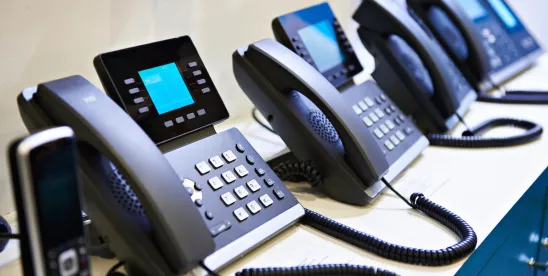With the definition of an automatic telephone dialing system (ATDS) under the Telephone Consumer Protection Act (TCPA) now squarely before the U.S. Supreme Court in the Duguid case, a number of TCPA defendants have successfully obtained judicial stays of pending lawsuits where use of an ATDS is a claim at issue. But the fact of such an allegation is no guarantee that a Federal court will grant such relief.
In Aaron Williams et al. v PillPack, LLC, 2020 U.S.Dist. LEXIS 153136, Case No. C19-5282RBL, United States District Court for the Western District of Washington, August 13, 2020, Mr. Williams claimed, on behalf of a potential class of individuals, that PillPack had used an ATDS “or an artificial or prerecorded voice without his consent” in violation of the TCPA. PillPack moved to stay the case on the grounds that “Duguid may alter the viability of some of Plaintiff Williams’ claims.”
Not enough said Judge Ronald B. Leighton, noting that PillPack “concedes…at least some of [Williams’] claims will survive, regardless of the outcome” in the Supreme Court. For that reason, “the Court will not stay this case on the chance the Supreme Court might in the future hobble a portion of Williams’ claims” (i.e., the ATDS claim).
Motion for stay denied. Lesson: ATDS allegations are no guarantee that invocation of Duguid will halt proceedings pending Supreme Court action when other TCPA claims also are present.




 />i
/>i

